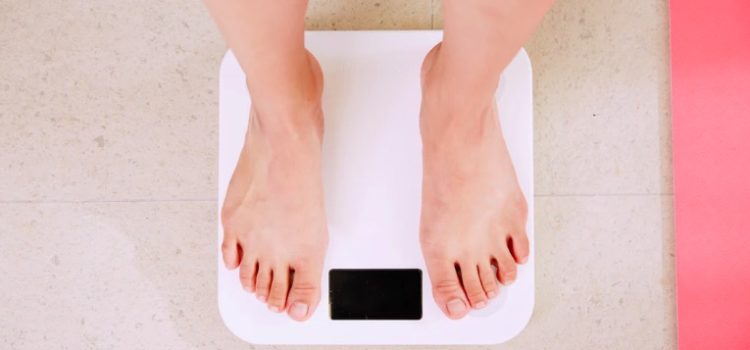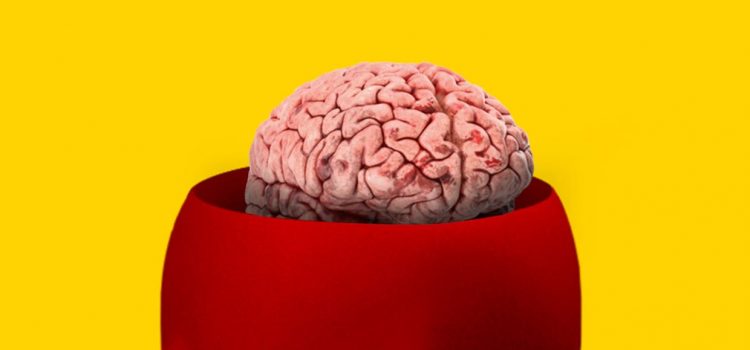What is Gin Stephens’s Fast. Feast. Repeat. about? How does adopting intermittent fasting (IF) as a lifestyle help you improve your health? Fast. Feast. Repeat. is a practical self-help guide that explains intermittent fasting (IF) as a lifestyle and approach to overall well-being. Among other benefits, Gin Stephens argues that IF can help you lose weight, feel better, fight disease, and live longer. Below is a brief overview of Fast. Feast. Repeat. by Gin Stephens.
Fast. Feast. Repeat. by Gin Stephens: Book Overview










